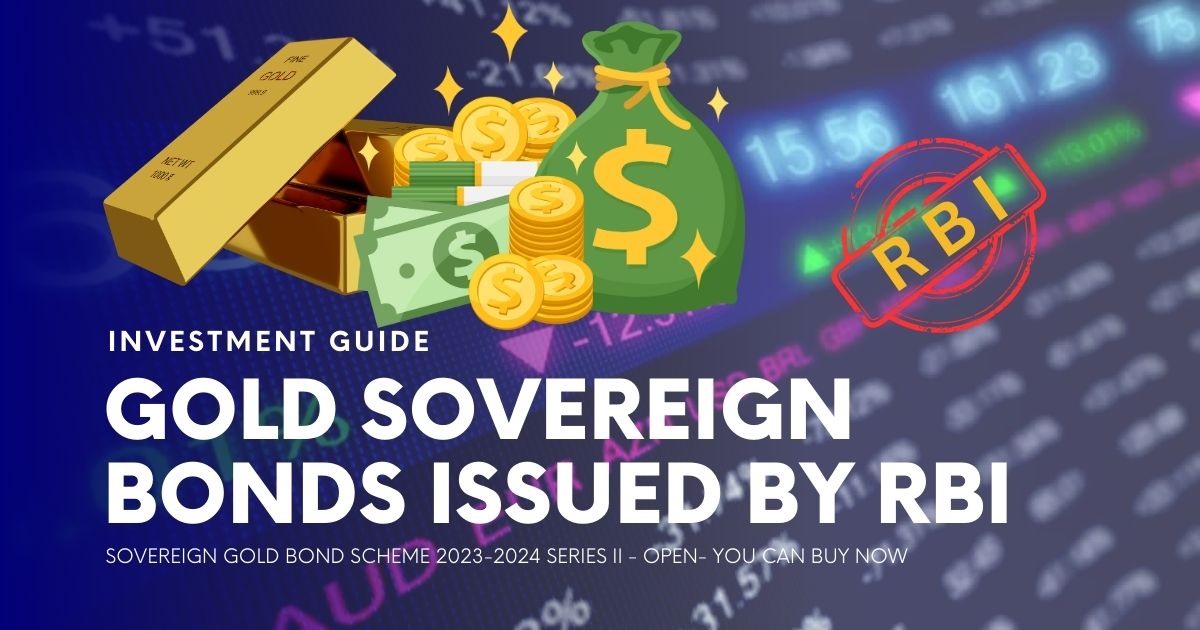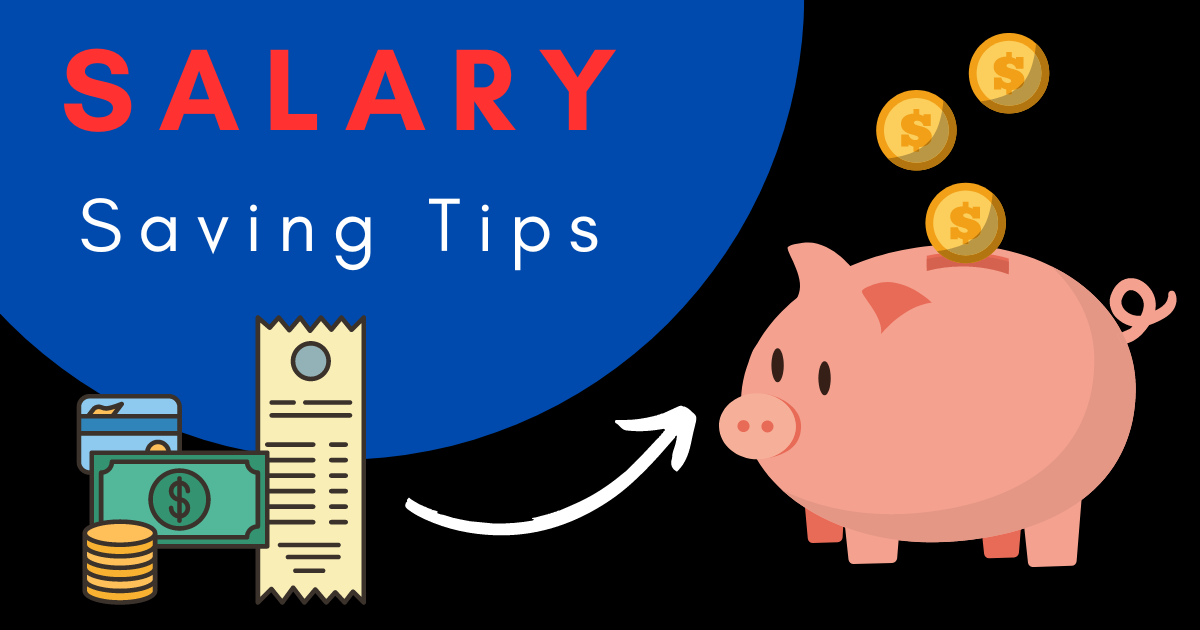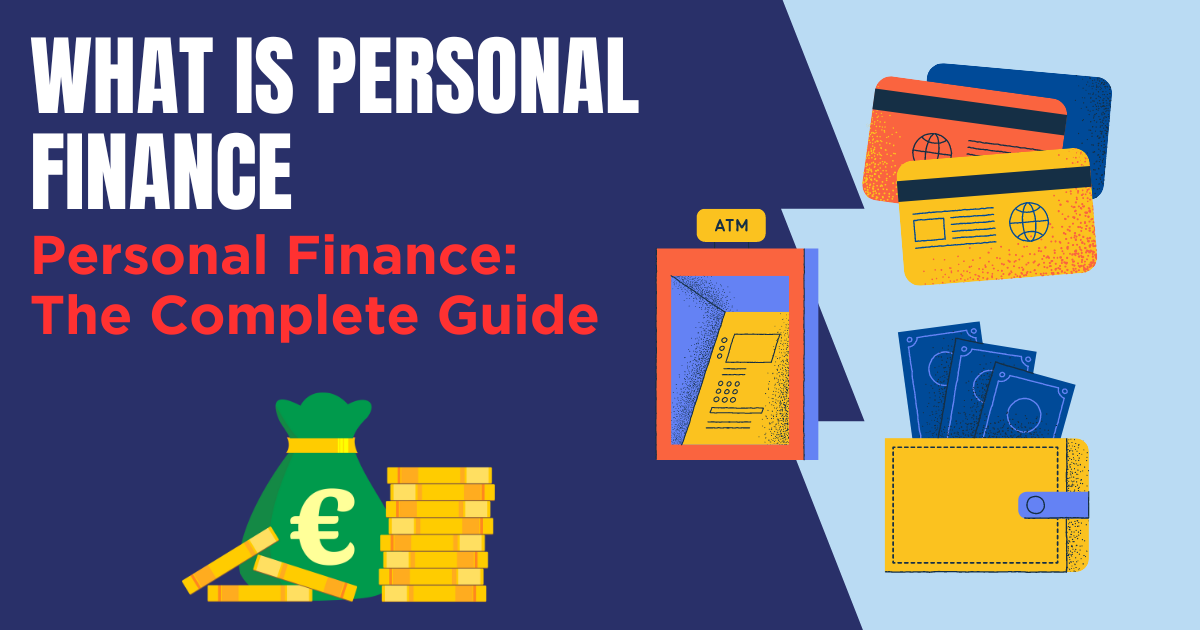
Investors and fans have always had a special place in their hearts for gold. Its timeless appeal, intrinsic value, and reputation as a safe place to keep money have made it a valuable treasure for hundreds of years. Gold is a big part of India's culture and history, so investing in this valuable metal has been a popular choice for many years.
With Gold Sovereign Bonds, the Reserve Bank of India (RBI) has given people a new and easy way to buy gold in recent years. These bonds, which are also called Sovereign Gold Bonds (SGBs), have become popular because they offer a unique mix of safety, returns, and tax breaks. In this complete guide, we'll go over everything you need to know about Gold Sovereign Bonds from the RBI and why you should include them in your investment plan.
Table of Contents
What are Gold Sovereign Bonds?
Gold Sovereign Bonds, which are also called Sovereign Gold Bonds (SGBs), are a unique way to invest in the financial world. The Reserve Bank of India (RBI) gives out these bonds on behalf of the Government of India. Gold Sovereign Bonds are a safe and easy way to invest in gold, unlike real gold, which needs to be stored and protected.
When you buy Gold Sovereign Bonds, you are basically buying a financial product that is tied to the price of gold. Each bond is worth a certain amount of grams of gold, which is directly tied to the price of gold on the market. The most important things about Gold Sovereign Bonds are:
(i) Interest:
Investors get interest on their money every year, which is based on the price of the bond when it was first sold. Every six months, this interest is added to the investor's bank account. On the nominal value, the investors will get a set rate of 2.50 % per year, paid out every six months.
(ii) Maturity Period:
Bonds have a set term, which is usually eight years. At the end of that time, they can be redeemed at the current market price of gold. The amount you get back is paid in cash.
(iii) Trading:
Gold Sovereign Bonds can be bought and sold on the secondary market because they are traded on stock exchanges. This gives buyers access to cash and gives them options.
(iv) Loan Facility:
Gold Sovereign Bonds can be used as collateral for loans, giving investors another way to get money when they need it.
(iv) Tax Advantages:
These bonds have tax advantages, like not having to pay capital gains tax if you hold on to them until they mature.
Why Gold Sovereign Bonds?
The main reason for making Gold Sovereign Bonds is to cut down on the demand for real gold and get people to invest in financial assets that are tied to gold. This has more than one use:
- It lowers the trade imbalance by reducing the amount of gold that is brought in.
- It turns the money that people save into money-making investments.
- It encourages people to learn about money and spending.
- It gives people a safe and easy way to put their money into gold.
How to buy Gold Sovereign Bonds?
Gold Sovereign Bonds are issued by The Reserve Bank of India (RBI) on behalf of the Government of India. The RBI is the one who gives out these bonds and approved banks and financial institutions are the ones who sell them. During certain times, investors can apply for Gold Sovereign Bonds through these approved banks and entities.
Why investing in Gold Sovereign Bonds is a Good Idea?
Investing in Gold Sovereign Bonds has a lot of benefits that make it a good choice for both experienced buyers and people who are just starting out in the world of money. Let's look at the main reasons why you should add these bonds to your collection.
1. Be safe and sound
One of the best things about Gold Sovereign Bonds is that they keep you safe and secure. These bonds are backed by the national guarantee because they are issued by the RBI on behalf of the Government of India. This means that the Indian government stands behind these bonds with its full faith and credit. This makes them one of the safest ways to spend money.
Gold Sovereign Bonds don't have the same risks as actual gold, which can be stolen, is hard to store, and may not be real. Investors can rest easy knowing that the top authority in the country is looking out for their money and keeping it safe.
2. Interest is a regular source of income
Gold Sovereign Bonds give buyers the chance to get interest payments on a regular basis. The interest rate on the initial investment amount is fixed and paid straight into the investor's bank account every six months. This steady stream of income can be especially appealing to retirees and other people who want their investments to give them stable returns.
3. Possible Increase in Value
In addition to interest, buyers of Gold Sovereign Bonds may also see their money grow in value. The price of these bonds is tied to the price of gold on the market. So, if the price of gold goes up during the life of the bond, the owner will benefit from the bond's rising value. Gold Sovereign Bonds are a good business choice because they pay interest and the value of the bond could go up.
4. Help with taxes
Investors can get good tax breaks by buying Gold Sovereign Bonds. Interest income is taxed according to the investor's income tax bracket, but capital gains are not taxed if the bonds are kept until maturity. This tax exemption on capital gains is a big plus, especially for owners who plan to keep their money for a long time.
5. Diversifying a portfolio
Diversifying your investments is one of the most important things you can do to reduce risk and get the best results. Gold Sovereign Bonds are a good way to diversify your portfolio because they are a type of asset that hasn't had much in common with stocks and other financial tools in the past.
By adding gold-linked assets to your portfolio, you can lower the risk of your investments generally and make them more stable. This can be especially helpful when the economy is unclear and the stock market is volatile.
How to buy Gold Sovereign Bonds?
Gold Sovereign Bonds are issued by The Reserve Bank of India (RBI) on behalf of the Government of India. The RBI is the one who gives out these bonds and approved banks and financial institutions are the ones who sell them. During certain times, investors can apply for Gold Sovereign Bonds through these approved banks and entities.
Putting money into Gold Sovereign Bonds is a simple process that gives investors ease and comfort. Here, we'll show you how to start buying these bonds, from figuring out if you're eligible to fill out the application.
1. Criteria for eligibility
Before you start the investment process, you need to make sure that you meet the Reserve Bank of India's (RBI) requirements. Here are the main conditions for being able to buy Gold Sovereign Bonds:
(i) These bonds can be bought by people, Hindu Undivided Families (HUFs), trusts, universities, and nonprofit organizations.
(ii) The bonds can be owned by one person or by several people at the same time.
(iii) Gold Sovereign Bonds can also be bought by people under the age of 18, but their parents or legal guardians have to make the application.
(iv) Non-Resident Indians (NRIs) can buy these bonds, as long as they meet certain requirements.
2. Periods of Subscription
Gold Sovereign Bonds are given out on a regular basis by the RBI during specific subscription times. The length of these sign-up windows varies from issue to issue, but they usually last a few days. To take part in the issue, investors must apply for the bonds within the given time frame.
3. Getting an application
To buy Gold Sovereign Bonds, you need to do the following:
4. Choose a Designated Bank or Financial Institution:
Investors can apply for Gold Sovereign Bonds at allowed banks, financial institutions, designated post offices, and recognized stock exchanges. You should choose a way to make your investment that is easy and legal.
5. Fill Out the Application Form:
Get an application form from the bank or other financial company you want to work with. The form can also be found on the RBI's website, where it can be printed. Fill out the form correctly, including your personal information, the amount you want to spend, and your bank account information.
6. KYC Documentation:
Send in the Know Your Customer (KYC) papers according to the application form's instructions. KYC papers usually include proof of identity, proof of address, and a recent photo the size of a passport. Make sure that your Know Your Customer (KYC) papers are up to date so that the application process goes smoothly.
7. Payment:
You can pay the amount you want to spend by taking money out of your bank account or sending a demand draft. Based on the current market price of gold, the payment should be made in Indian Rupees.
8. Confirmation and Bond Allotment:
Once your application has been handled and accepted, you will get a confirmation of the bond allotment. This proof will have information like the bond's unique number, the amount of gold it comes with, and the price it was sold for.
9. Bond Holding Statement:
As proof of your investment, the bank or financial institution that sold you the bond will give you a bond holding statement. This statement will tell you everything you need to know about your Gold Sovereign Bonds purchase.
10. Interest Payments:
Interest payments will be made to your listed bank account every six months. The RBI will put these payments on the account immediately.
11. Redemption:
At the end of the bond's term, you can choose to get your money back at the current price of gold on the market. The amount you're redeeming will be put in your bank account.
It's important to remember that the way you invest may be a little different based on the bank or other financial institution you choose. So, it's best to check with your chosen institution about the exact requirements and steps.
Now that we've talked about how to apply, let's talk about the most important parts of Gold Sovereign Bonds, such as their amount, price, and more.
Key features of Gold Sovereign Bonds: What You Need to Know
Gold Sovereign Bonds are a good way to spend because they have a number of features that make them stand out. To make good investment choices, you need to understand these things. The most important things about Gold Sovereign Bonds are:
Investment Size
Gold Sovereign Bonds are valued in grams of gold, which makes it easy for buyers to keep track of the value of their investment based on the current price of gold on the market.
The price of the bonds is based on the average ending price of gold with a purity of 999 as reported by the Indian Bullion and Jewellers Association Limited (IBJA) for the three working days before the bonds were issued.
Maturity & Redemption:
Gold Sovereign Bonds have a set term, usually eight years, after which they can be redeemed at the current market price of gold.
After five years, owners can also choose to get their money back early, which gives them more flexibility.
Traded on stock exchanges
Gold Sovereign Bonds are listed on well-known stock markets like the National Stock Exchange (NSE) and the Bombay Stock Exchange (BSE). This gives buyers access to cash and lets them buy or sell bonds on the secondary market.
Because these bonds can be traded on stock exchanges, they are a flexible way to invest because buyers can get out of their positions before they mature if they need to.
Loan or Advances against Bonds
Gold Sovereign Bonds can be used to get loans if an investor wants to. This can be a useful tool for people who need cash but don't want to sell their bonds.
Different banks and financial companies offer loans against these bonds, which makes them an easy way to get money.
Interest Payment
Gold Sovereign Bonds have a set annual interest rate that is paid out every six months. The price at which the bond was first sold is used to figure out the interest.
Interest payments are made straight to the registered bank account of the investor, which makes getting paid easy and convenient.
It's important to know that Gold Sovereign Bonds' features and terms may change with each new issue. So, buyers should look at the latest information about each bond series in the terms and conditions set by the RBI.
Gold Sovereign Bonds Have Some Risks
Gold Sovereign Bonds have a lot of benefits, but it's important to know the possible risks that come with these purchases. Knowing about the risks can help you make smart decisions about investments and keep your hopes in check. Here are some of the most important risks to think about:
1. Risk of Interest Rates
When Gold Sovereign Bonds are issued, the interest rate is set. If interest rates on the market go up a lot after you spend, the fixed interest rate may not look as good when compared to other ways to invest. This can cost you in terms of missed chances to make more money.
2. Changes in the price of gold
Gold Sovereign Bonds are worth the same amount as the price of gold on the market. Gold prices can change a lot because of things like the economy, global events, and changes in the value of other currencies. Gold is often thought of as a safe investment, but its price can still go up and down.
3. Risk of running out of money
Gold Sovereign Bonds can be bought and sold on stock platforms, but their value depends on how the market is doing. In some cases, it may be hard to buy or sell the bonds at the price you want, especially if the number of trades is low.
4. Fees on Pre-maturity
After the fifth year, you can choose to cash in your Gold Sovereign Bonds early, but there may be fines for doing so. If you decide to leave your investment before the full term is up, these fines can lower the return you get on it.
5. Changes to the rules
The government or regulatory bodies can change the terms and conditions of Gold Sovereign Bonds, such as how they are taxed and how they can be redeemed. It's important to stay up to date on any changes or updates that could affect your business.
Even with these risks, Gold Sovereign Bonds are still a relatively low-risk investment compared to many other asset types. For long-term buyers, the safety and security that these bonds offer, along with their tax benefits and the chance that their value will go up, usually outweigh the risks that come with them.
Whether Gold Sovereign Bonds are taxed?
Understanding how Gold Sovereign Bonds are taxed is important if you want to get the most money out of them and stay on top of your taxes. These bonds come with tax breaks that can make them a good choice as an investment. Here is a full look at the taxing situation:
1. Interest Income Taxes
Interest from Gold Sovereign Bonds is taxed based on your income tax bracket. This means that the interest income you get from these bonds will be added to your total income for the year and taxed at the rate that applies.
2. Tax on Capital Gains
One of the best things about Gold Sovereign Bonds is that you don't have to pay capital gains tax if you hold on to them until they mature. This means that you won't have to pay capital gains tax on any money you make from the bond's value going up over its term.
But if you sell the bonds on the secondary market before they mature and make a capital gain, you will have to pay taxes on it according to the tax rules in place at the time.
3. Use as security for loans.
Gold Sovereign Bonds could be used to get a loan. If you use bonds as collateral to get a loan, you can't write off the interest you pay on the loan. But with this function, you can raise money without losing your gold investment.
It's important to talk to a tax planner or a financial expert to figure out how taxes will affect your finances. Tax laws and rules can change over time, so it's important to know what the latest ones are if you want to make good decisions.
Conclusion
Buying Gold Sovereign Bonds from the Reserve Bank of India (RBI) is a safe and easy way to invest in gold, which is one of the most valuable investments in the world. These bonds combine the timeless appeal of gold with modern financial tools, making them a good choice for investors who want to diversify their portfolios and protect their wealth.
In this thorough guide, we looked at the most important parts of Gold Sovereign Bonds, from their structure and perks to how to apply for them and how they are taxed. We also answered some common questions about this investment choice to make it clearer.
Investing in Gold Sovereign Bonds gives you safety and security, regular income through interest, the chance that your money will go up in value, tax benefits, and a more diverse portfolio. Even though these bonds aren't completely risk-free, the way they balance risk and return makes them a good choice for investors who want a good mix of safety and growth.
As you start to invest, think about how Gold Sovereign Bonds could fit into your total financial plan. Whether you are a first-time investor or a seasoned financial expert, these bonds give you a unique chance to unlock the potential of gold in a way that is both useful and satisfying.
Don't forget that the investments you make should fit with your financial goals, how comfortable you are with risk, and how long you want to spend. It's a good idea to talk to a financial adviser or expert who can give you specific advice based on your own situation.
In the world of finance, which is always changing, Gold Sovereign Bonds are a sign of innovation and safety. They give owners a golden chance to protect and grow their wealth for future generations. Explore the options, diversify your wealth, and think about how Gold Sovereign Bonds from the RBI can be a good long-term investment.
FAQ:
Q1: What are Gold Sovereign Bonds issued by RBI?
A1: Gold Sovereign Bonds are financial assets made by the Reserve Bank of India (RBI) on behalf of the Government of India. With these bonds, people can trade in gold in a safe and regulated way. They give investors a way to bet on the price of gold without actually having the metal.
Q2: How do Gold Sovereign Bonds work?
A2: When you buy Gold Sovereign Bonds, you are buying a bond whose value is measured in grams of gold. The bond is good for a set amount of time, and the RBI gives you interest on your investment every year. At the end of the term, you get the maturity amount, which is based on how much gold is worth at that time.
Q3: What are the benefits of investing in Gold Sovereign Bonds?
A3: There are several benefits to investing in Gold Sovereign Bonds. There is a yearly interest rate, safety and security from the RBI, no capital gains tax when the bond matures, and the ability to diversify your investment portfolio with a good-value asset.
Q4: Are Gold Sovereign Bonds a good long-term investment?
A4: Gold Sovereign Bonds can be a good long-term investment, especially for people who want to protect themselves from inflation or spread out their holdings. But before you invest, you should think about your financial goals and how much danger you are willing to take.
Q5: How can I buy Gold Sovereign Bonds?
A5: You can buy Gold Sovereign Bonds at certain banks, post offices, approved stock exchanges, and the Stock Holding Corporation of India (SHCIL). Most of the time, you can buy the bonds during specific subscription times that the RBI announces.
Q6: Are Gold Sovereign Bonds a safe investment?
A6: Yes, Gold Sovereign Bonds are thought to be a safe investment because they are released by the RBI and backed by the Government of India. They are a safe way to invest in gold without having to worry about how to store and protect real gold.
Q7: Can I sell Gold Sovereign Bonds before maturity?
A7: Yes, you can sell Gold Sovereign Bonds through stock exchanges on the secondary market if you want to get your money out of your investment before it matures. Depending on how the market is, the price at which you can sell may change.
Q8: Is there any tax benefit associated with Gold Sovereign Bonds?
A8: Yes, people who buy Gold Sovereign Bonds can get tax breaks from them. The interest you earn on these bonds is taxed, but there is no capital gains tax if you hold on to them until they mature. Also, the notes can be put up as security for loans.
Q9: Can NRIs invest in Gold Sovereign Bonds?
A9: Non-Resident Indians (NRIs) can buy Gold Sovereign Bonds, as long as they meet certain rules set by the RBI.
Q10: What is the minimum investment required for Gold Sovereign Bonds?
A10: The minimum amount you can spend in Gold Sovereign Bonds is usually set by the RBI, but it can change from one issue to the next. Before buying these bonds, it's important to find out how much you have to put down as a minimum.
Categories: Personal Finance







Leave a comment